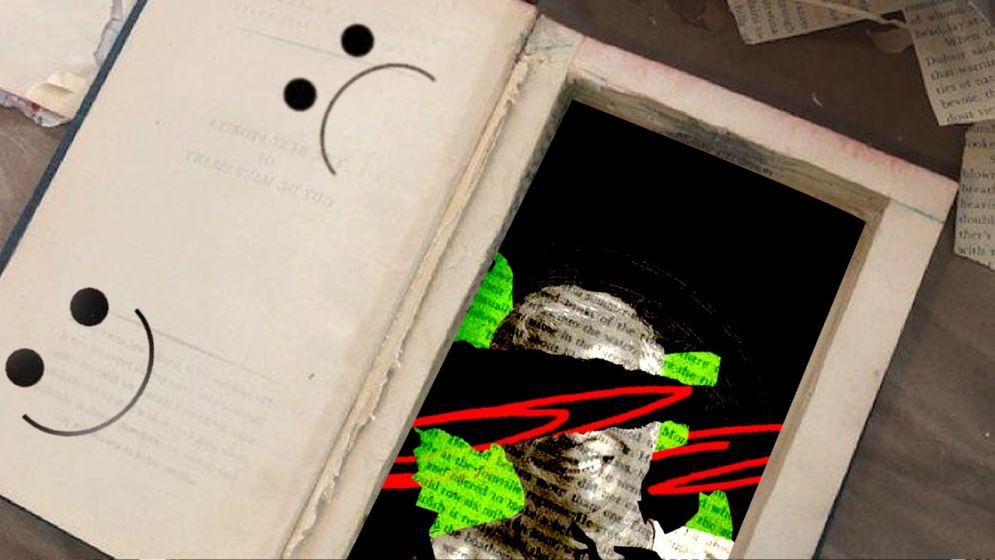Netra News’s Yunus critique reads like an empty lecture

A recent opinion piece in Netra News titled “A Year of Reforming
Yunus” set out, ostensibly, to critique the Nobel laureate’s political
shortcomings. I have no problem with the outlet’s right to do so. My issue lies
in how it does it.
The article is a brief six-paragraph column, but its central
claims arrive with the precision of a sledgehammer and the evidentiary rigor of
a Facebook rant. Consider three consecutive paragraphs:
“Yunus has never enjoyed a fraction of the popularity among
Bangladeshis that his sycophants take turns to project to and impose on the
world.”
“Yunus has never been a great political thinker, much less a
great political actor.”
“Courage has never been Yunus’ strength.”
Three sweeping assertions, three first sentences, and here’s the
problem not a single fact, context, or argument to support them. The author
writes as if the reader already agrees with every word, no proof necessary.
The effect is reminiscent of a schoolbook formula from my
childhood: “The cow is a useful animal. The cow has four legs. The cow gives us
milk.” Except here, the milk has soured.
It’s the mirror image of the saccharine “Yunus-sexual” era, when
hyperbolic praise spilled over into absurdities like, “Someone stop this
man–I’ve never seen such cheap prices for sponge gourd and snake gourd in my
life.”
I expect Netra News to rise above both extremes.
I’m not here to defend Yunus. That’s the domain of the
iPhone-16-Pro-Max-wielding crowd who, incidentally, earn more than I do. My
concern is the erosion of analytical standards in political commentary.
An analytical piece should connect dots the reader didn’t know
were connected–showing patterns, parallels, and causal chains that turn
individual episodes into insight.
Critiquing political figures by listing personal
deficiencies–“not courageous,” “not popular,” “not a great thinker”--is more of
a smear than analysis.
Even if the traits are real, you must demonstrate how they
shaped a specific decision, triggered a particular event, and produced
measurable consequences.
That causal link is more than a stylistic flourish–it’s the foundation of accountability. It allows others to interrogate your reasoning, to agree or challenge it in good faith.
-6896e3c87d171.png)
Hallowed out critique
That is the essence of democratic discourse. Without it, we
aren’t debating politics; we’re just trading barbs.
But when critique abandons evidence and drifts into
slogans–Yunus is “scared,” Yunus “isn’t popular”--and then, in a sweeping
flourish, draws parallels with the Hasina regime, the result is less analysis
than caricature.
It evokes the excesses of writer Rezaul Karim Rony’s “Shahbagi
Brahmanic decree”--a phrase whose rhetorical weight is never matched by clear
definition or argument.
I have no objection to political labels–right-wing, left-wing, Shahbagi–when
they are defined and applied with precision. Used properly, they can sharpen
the conversation.
Used loosely, they become a word salad of adjectives and nouns,
a taxonomy of tribalism.
This style of writing doesn’t foster debate; it hardens factional
lines and trades the possibility of understanding for the satisfaction of
tagging the enemy.
Rabindranath Tagore once attended sessions of the British
Parliament to learn language, logic, the architecture of political argument.
Law students the world over still hone their craft by listening to courtroom
debates, observing how a case is built and dismantled.
Readers, too, can learn from newspapers/newsportals that present
opposing views with clarity and good faith. That is the essence of intellectual
engagement: to represent your own case rigorously and dismantle your opponent’s
through reasoning, not invective.
When commentary instead collapses into name-calling, it betrays
a low opinion of the audience and an inflated sense of the writer’s own authority.
It seeks to dazzle with turns of phrase rather than persuade
with proof. In a democracy, this isn’t just lazy–it corrodes the norms of
public discourse. And it deserves to be challenged, no matter whose side it
serves.
—
Mikail Hossain is a writer and analyst

